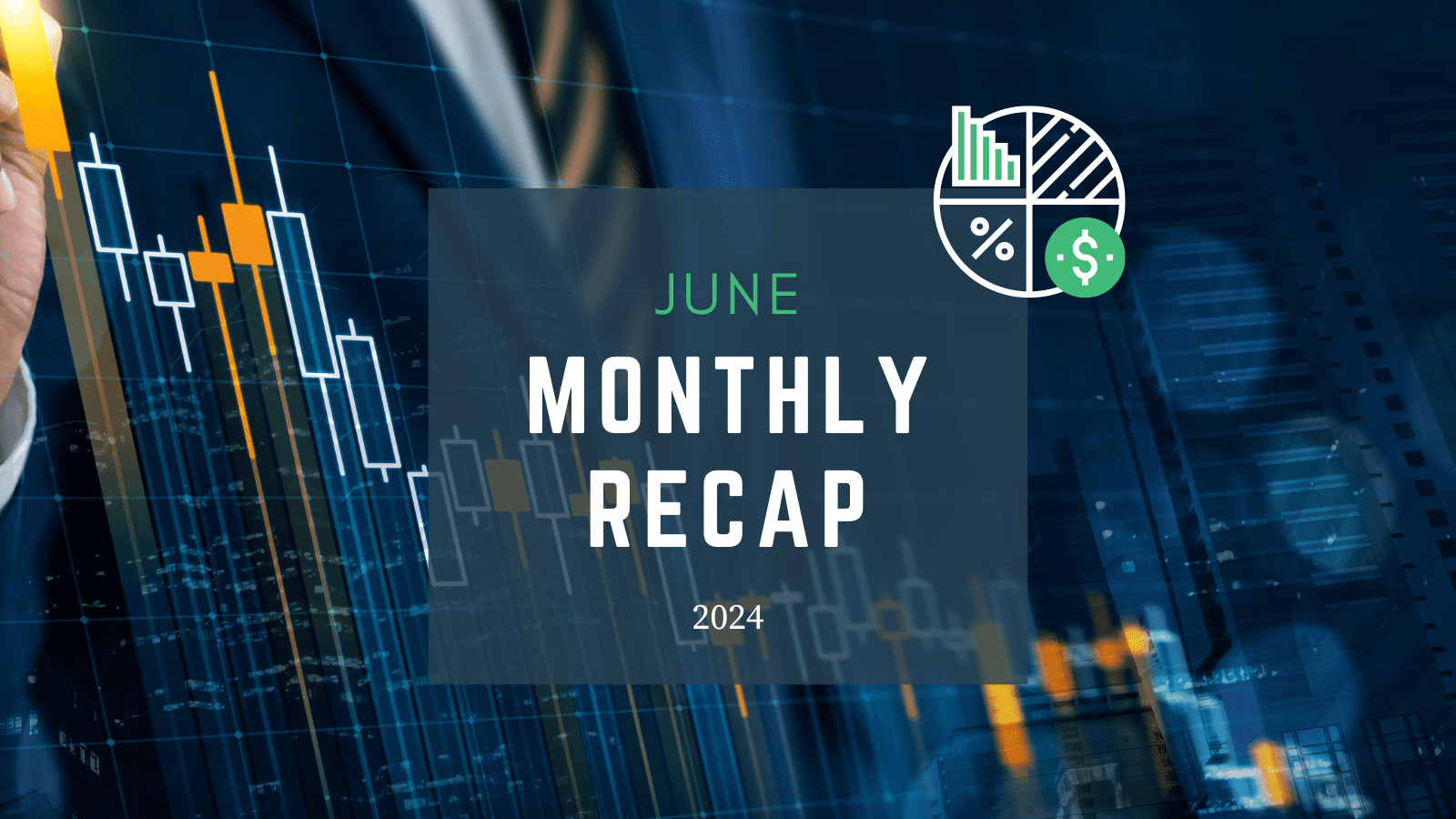By Michael Torney, CFP®, J.D., LL.M.
Nearly everyone spends decades contributing money to a 401(k), Individual Retirement Account or other retirement plans that defer a portion of their income tax bill. These plans and accounts enable anyone to save and grow their money over decades during their working years and generally lower their income taxes.
Eventually, however, the federal government will want to collect its share. Starting at age 72, individuals must begin withdrawing a minimum amount of money from their IRAs and other pre-tax retirement accounts. However, with enough planning – especially between retirement and age 72 – retirees can often keep more of their money and pay less tax.
How RMDs Work
The IRS has a formula that is used to calculate the amount of money that must be distributed out of a retiree’s IRA – it is based on the market value of your IRA accounts and your life expectancy. The distribution amount is taxed at ordinary income rates.
The good news is that many people 72 and older are in a lower tax bracket than when they were working. But if they’ve saved a significant amount in their pre-tax retirement accounts, there could still be some adverse tax consequences. Here’s a good example.
A 68-year-old retiree couple who earned more than $515,000 during their working years paid 35 percent of their income in federal taxes. Once retired, the household annual income drops to $180,000. This amount includes $60,000 in Social Security payments and $120,000 taken each year from investment accounts.
Between ages 68 and 72, he and his spouse pay a relatively low 22 percent in taxes. In the meantime, the retirees’ wealth has grown significantly. The $4 million in their tax-deferred retirement accounts continued to grow, increasing to $5 million at age 72.
The bad news is this couple’s taxes will increase in three different ways.
The increase in the value of the pre-tax retirement accounts means they will need to increase the amount withdrawn at age 72, likely moving them from the 22% to the 32% income tax bracket.
Next, the increase in income means they now need to pay an additional 3.8 percent in taxes for certain investment income due to a law called the Net Investment Income Tax. This tax kicks in for any married couples with more than $250,000 in modified adjusted gross income – a byproduct of the RMD amounts from their $5 million in pre-tax accounts.
Third, the increase in annual income will cause Medicare premiums to rise from $170.10 to $442.30 each month for the retiree and his spouse.
There are some strategies in retirement before age 72 that can help mitigate some of these tax consequences. They include:
IRA Withdrawals
Starting at age 59.5, you can make withdrawals from your IRA without penalty. In our example, taking $120,000 annually from tax-deferred accounts instead of a brokerage, Roth IRA or other after-tax accounts can reduce the size of the required withdrawals starting at age 72.
Convert Traditional IRA Accounts to a Roth IRA
While you pay taxes on the amount of money converted to a Roth IRA, this move may reduce taxes over the rest of your life, allowing you to keep more money.
And by moving these funds out of an IRA before age 72, our example retiree’s tax bill on the conversion will be 24 percent of adjusted income instead of 35 percent.
Funds in a Roth IRA are not subject to income tax and will continue to grow.
There are additional benefits if the IRA beneficiaries are in a higher tax bracket than the retirees and the IRA might be inherited (i.e. not fully distributed during the retiree’s life). If the retirees’ tax rate on the pre-tax retirement accounts is less than the beneficiaries, the beneficiaries may receive more in after-tax proceeds by having the retiree convert some IRA funds at the lower tax bracket to a Roth IRA.
Charitable Contributions from an IRA
Many retirees enjoy supporting charitable organizations and often just a write them a check. However, instead of giving cash, there can be tax savings by giving the money directly from an IRA.
Under this rule, called a Qualified Charitable Distribution (QCD), any person can contribute up to $100,000 to charity in 2022 from your IRA. This amount also qualifies towards your annual RMD amount. If a retiree is going to make a charitable contribution anyway, the QCD will reduce the retirees’ adjusted gross income and hence their tax bill. You must be at least age 70.5 to use the QCD strategy.
You worked hard for your money. Taking these three actions could help cut your tax bill, keeping more for yourself and your heirs.
©2023 Advisory services offered by Moneta Group Investment Advisors, LLC, (“MGIA”) an investment adviser registered with the Securities and Exchange Commission (“SEC”). MGIA is a wholly owned subsidiary of Moneta Group, LLC. Registration as an investment adviser does not imply a certain level of skill or training. The information contained herein is for informational purposes only, is not intended to be comprehensive or exclusive, and is based on materials deemed reliable, but the accuracy of which has not been verified. Examples contained herein are for illustrative purposes only based on generic assumptions. Given the dynamic nature of the subject matter and the environment in which this communication was written, the information contained herein is subject to change. This is not an offer to sell or buy securities, nor does it represent any specific recommendation. You should consult with an appropriately credentialed professional before making any financial, investment, tax or legal decision. An index is an unmanaged portfolio of specified securities and does not reflect any initial or ongoing expenses nor can it be invested in directly. Past performance is not indicative of future returns. All investments are subject to a risk of loss. Diversification and strategic asset allocation do not assure profit or protect against loss in declining markets. These materials do not take into consideration your personal circumstances, financial or otherwise.



